Is EV Battery Technology Innovation the Final Nail in the Coffin for Fossil Fuel Power?
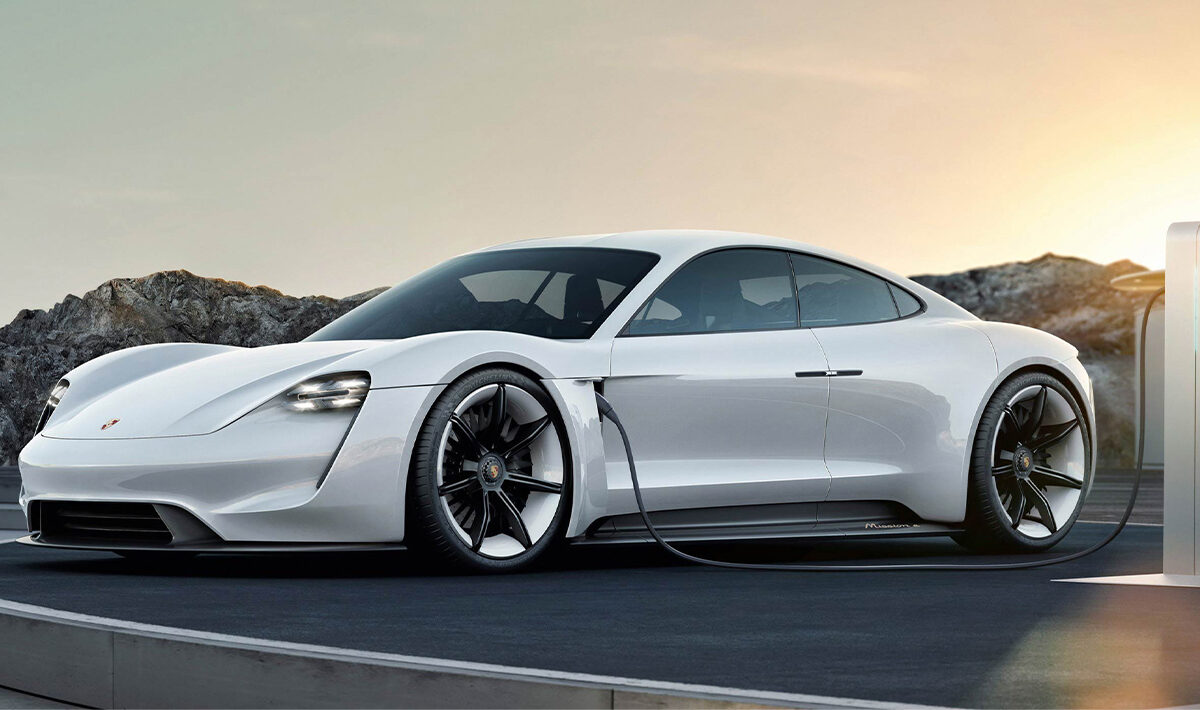
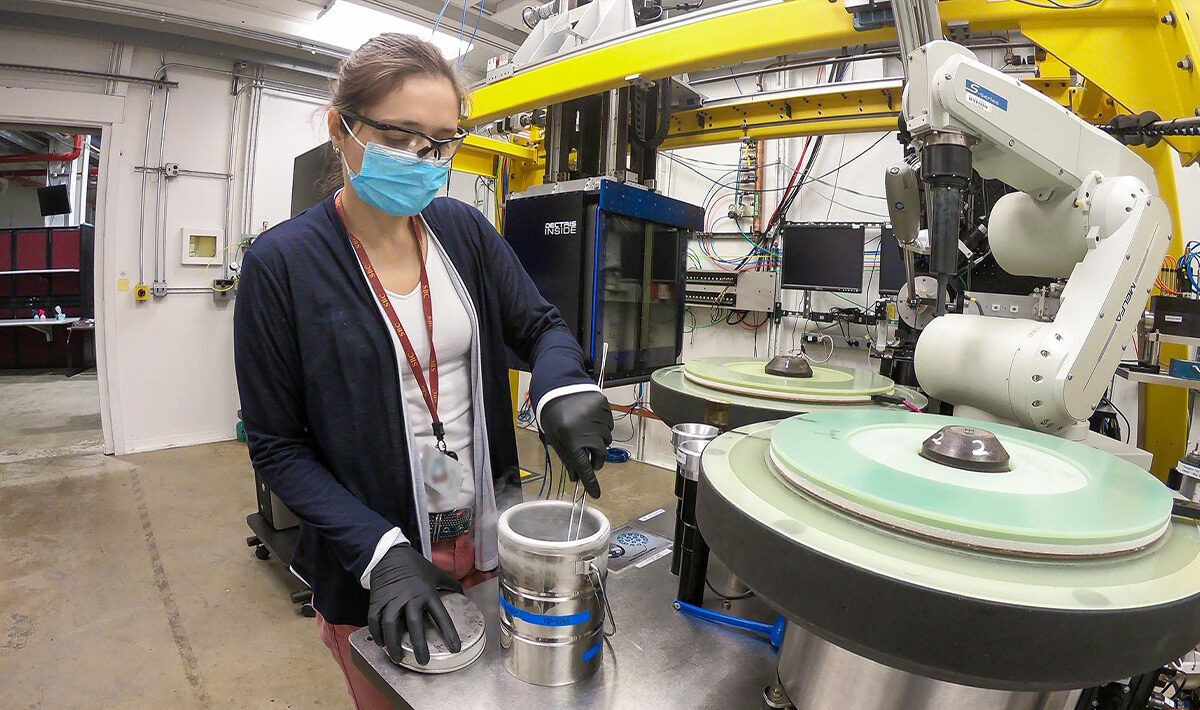
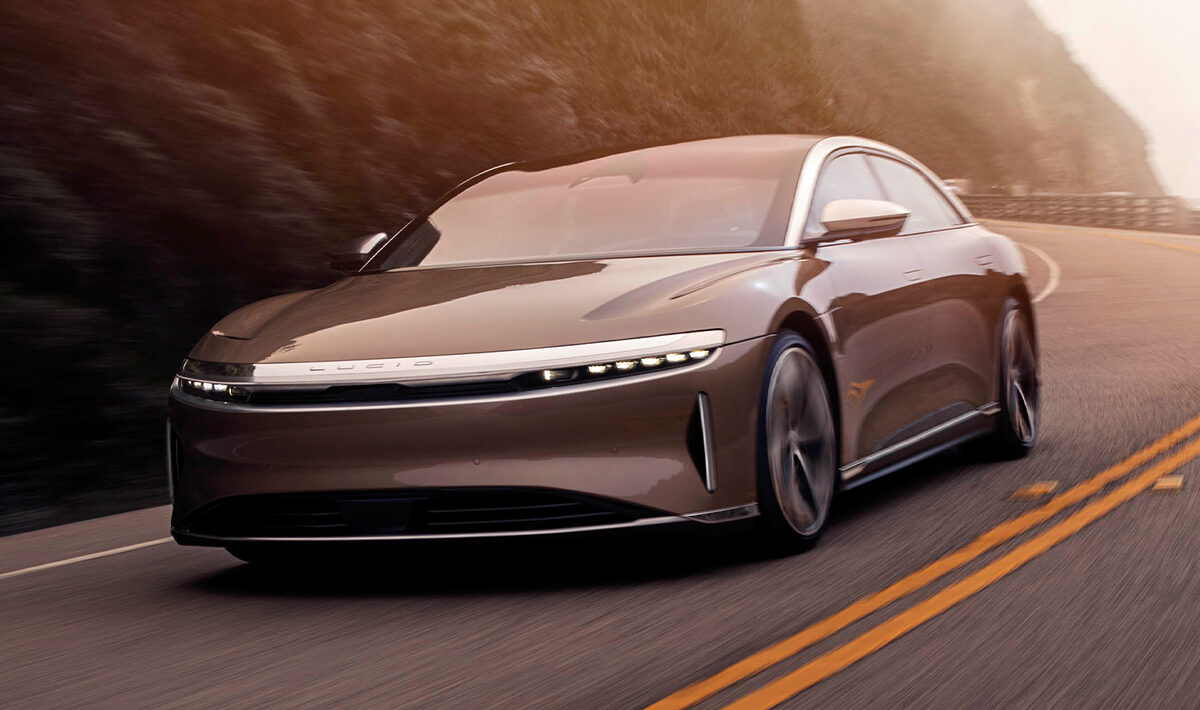
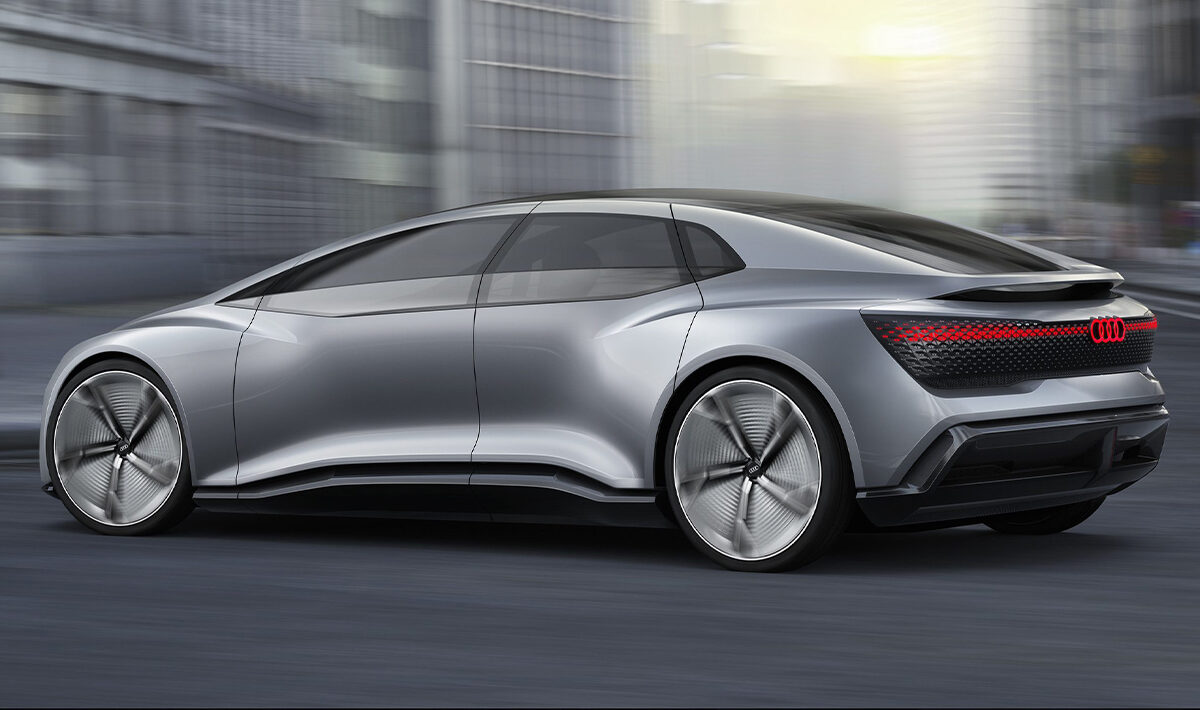
The electric vehicle (EV) industry has received a significant boost with the recent announcement by the Argonne National Laboratory in the United States that it has made a major breakthrough in battery technology. The joint project with the Illinois Institute of Technology (IIT) has discovered a way to raise the energy density of battery cells to 675 Wh/kg with a lithium-air variant, a significant jump from the 200 Wh/kg typical of lithium-ion batteries currently used in the car industry.
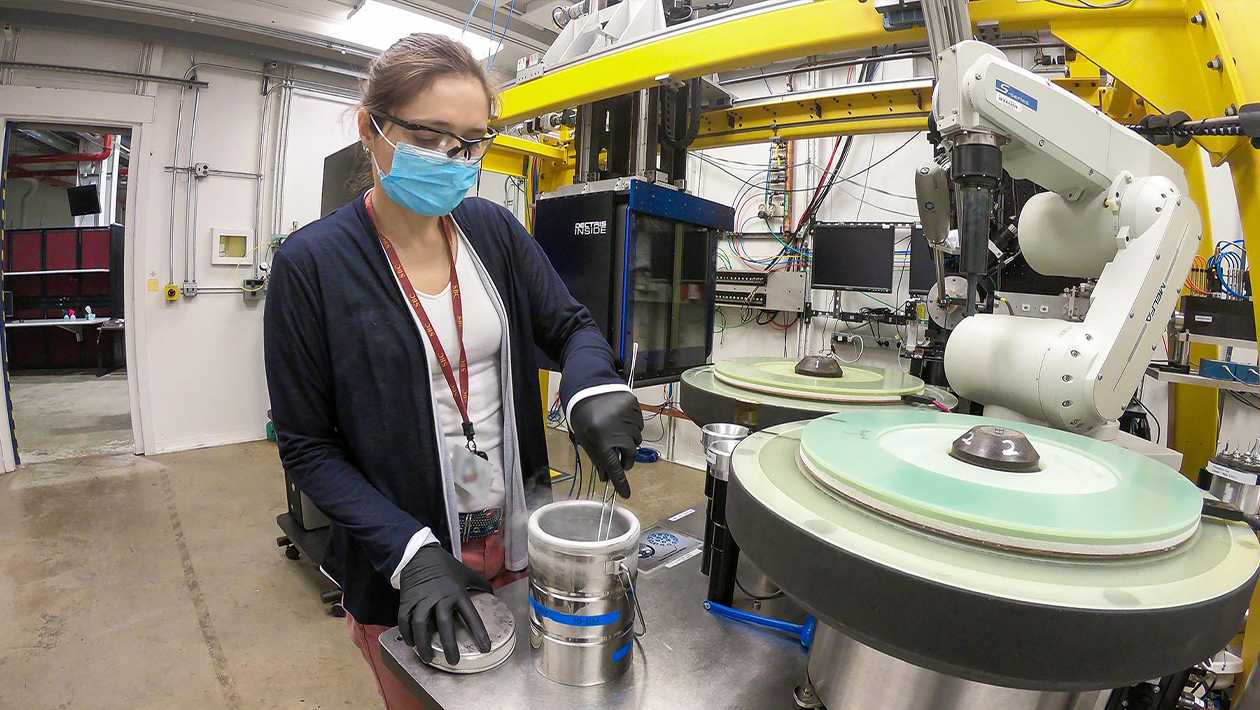
This breakthrough has the potential to decarbonise almost all global transport, including trucks, trains, and mid-haul aircraft, which were previously thought to be beyond the reach of electrification. If the team can reach their goal of 1,200 Wh/kg, they can power most forms of transport more efficiently than fossil fuels, and probably at a negative net cost compared to the hydrocarbon status quo.
What’s more, this new solid-state battery technology is the most energy-dense yet seen anywhere in the world, according to a peer-reviewed study published in the research journal Science. The process could “theoretically deliver an energy density that is comparable to that of gasoline,” which is a remarkable thought that slays some stubborn beliefs.
This breakthrough presents an opportunity for the UK car industry to transition towards zero-emission vehicles, which is in line with the UK government’s goal of net-zero emissions by 2050. With the potential for EVs to reach a driving range of a thousand miles or more, it could make EVs more attractive to consumers who may have previously been deterred by range anxiety.
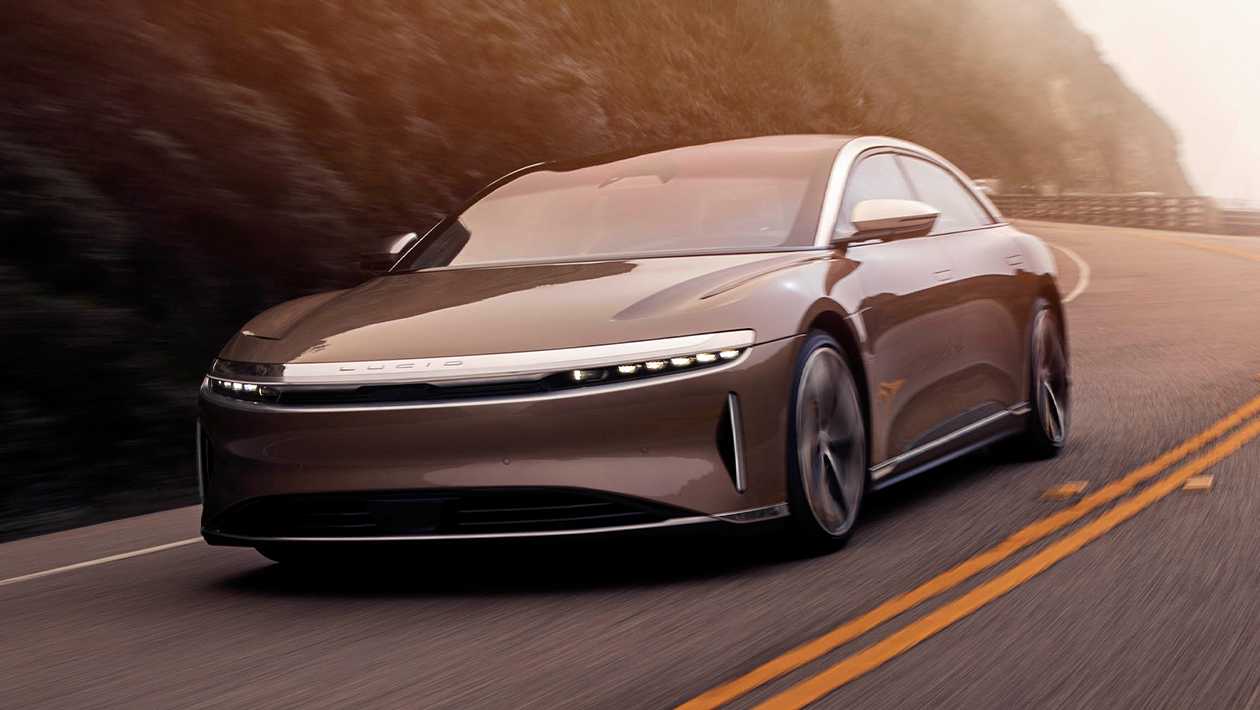
Moreover, the breakthrough reduces the reliance on cobalt, often associated with unethical mining practices in the Democratic Republic of Congo, which accounts for 74% of the world’s production. This will help the UK car industry to improve its ethical and sustainability credentials, which is increasingly important to consumers.
The rapid pace of progress in energy science, exemplified by breakthroughs such as the Argonne-IIF battery, indicates that what once seemed impossible just five years ago is now a tangible reality. This suggests that we can expect a vastly different technological landscape to emerge before the end of the decade.
To save Europe’s car industry, the legacy companies must abandon their investments in fossil fuels and take bold steps towards electrification before their global competitors outpace them. The upcoming advancements in battery technology make the case for hydrogen in road transport, including cars, vans, buses, trucks, trains, and aircraft, obsolete. Regardless of whether it is “green” from wind and solar via electrolysis or “blue” from natural gas with carbon capture, clean hydrogen is too valuable to waste. It should instead be used to replace dirty hydrogen in industry, fertilizers, green steel, container shipping, and long-term storage in saline aquifers to back up renewable energy sources during periods of low wind. Therefore, hydrogen is not necessary for road transport.
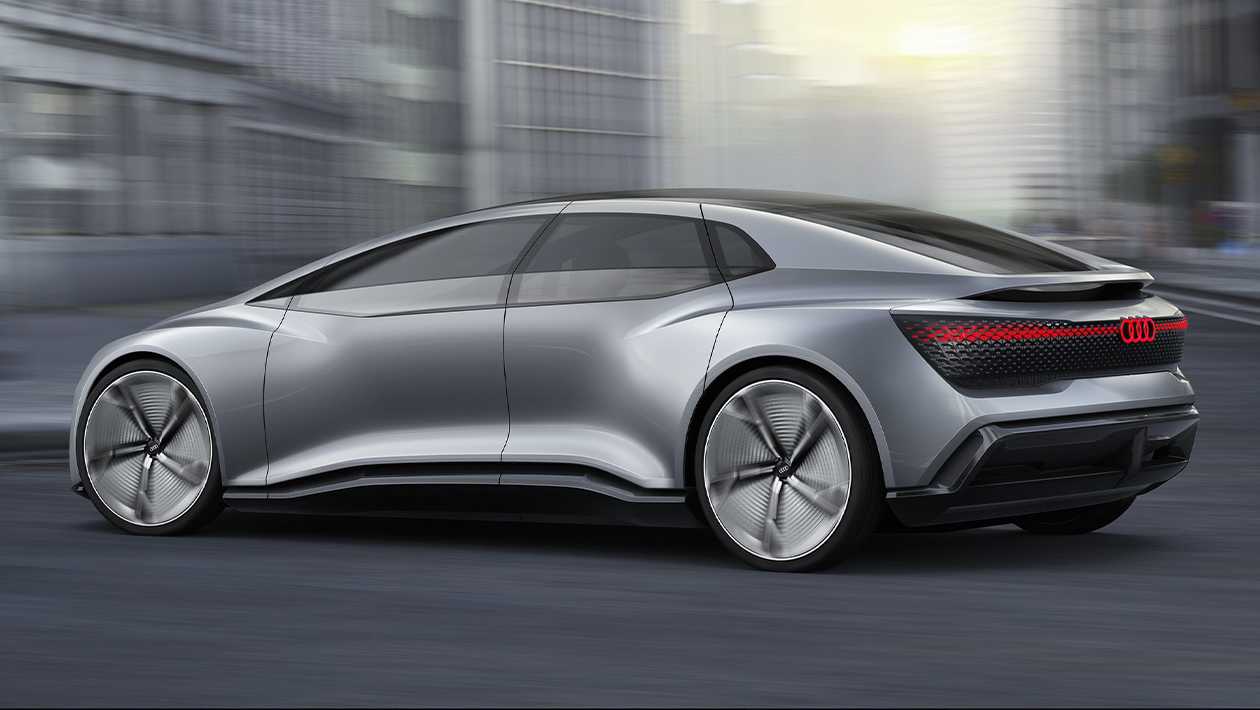
In terms of the UK car industry, it will surely invest in research and development to take advantage of this breakthrough. Considering the British Isles’ strong history of innovation in the automotive industry, this advancement in battery technology presents an opportunity for the UK to lead the way in developing and manufacturing the next generation of EVs.
In conclusion, the Argonne-IIF technology breakthrough is a game-changer with the potential to decarbonise almost all global transport at a negative net cost compared to continuing with fossil fuels. The EV revolution is now a discernible reality, and it is essential for corporate bosses and ministers to keep up with the world’s scientific literature to survive in the new technological landscape.
Let’s wait and see where this goes.
Read more on
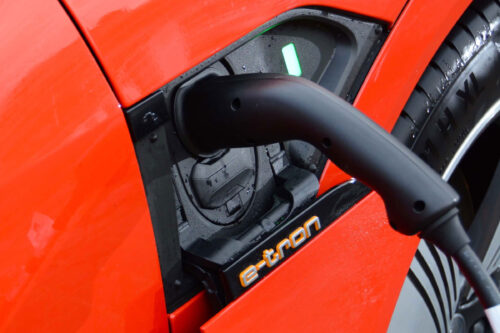
Advertise your Car Show on My Car Heaven.
Get in touch and we can make that happen for you.
Find Out MoreRelated Stories
Advertisement Advertisement
Advertisement Advertisement
Advertisement

